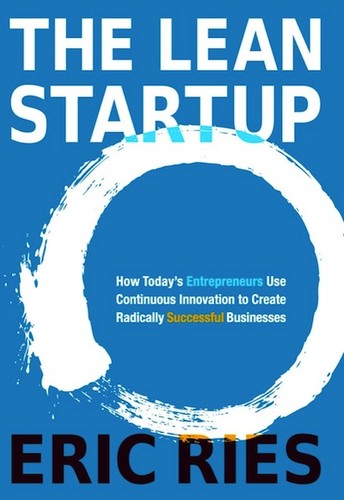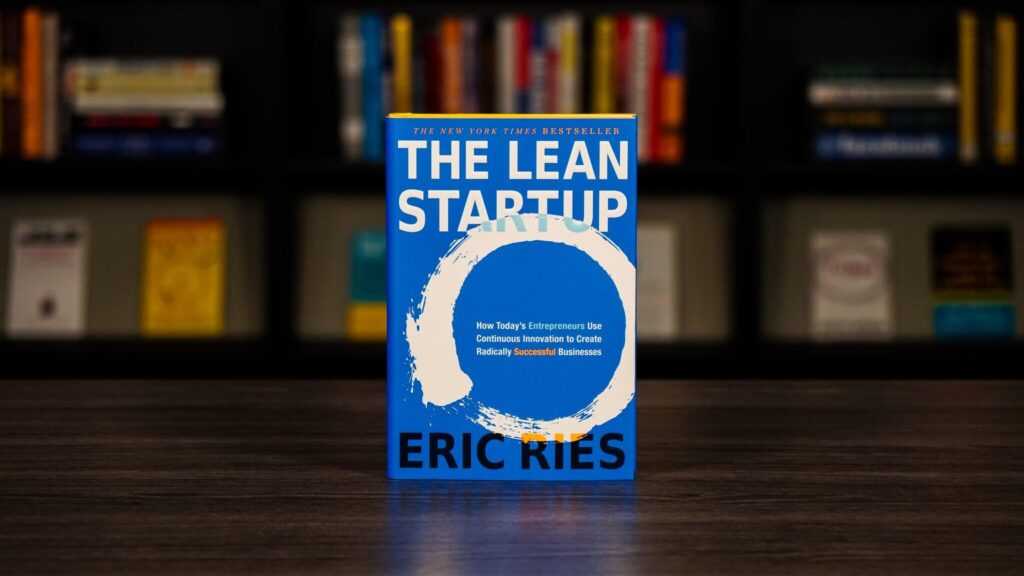
Introduction
Entrepreneurship can be a challenging and risky endeavor. In “The Lean Startup” by Eric Ries, he introduces a new methodology that revolutionizes the way entrepreneurs build and grow businesses. Ries proposes a scientific approach to overcoming the uncertainty and risks associated with startups, providing valuable insights on how to create sustainable and successful companies.
Key Takeaways
- Embrace validated learning: The Lean Startup methodology emphasizes the importance of constantly testing assumptions and validating ideas through real-world experiments.
- Implement the build-measure-learn feedback loop: This iterative process encourages entrepreneurs to develop minimum viable products (MVPs) quickly, gather data from customers, and learn from their feedback.
- Focus on the customer: By deepening the understanding of customers’ needs and preferences, entrepreneurs can create products or services that truly solve their pain points and provide value.
About the Author
Eric Ries is an entrepreneur and author known for his expertise in entrepreneurship, startups, and business innovation. He draws on his own experiences and failures to provide practical advice and strategies for entrepreneurs looking to build successful businesses.
Frequently Asked Questions
What is the Lean Startup methodology?
The Lean Startup methodology is a systematic approach to creating and managing startups. It focuses on reducing waste, validating assumptions through experimentation, and continuously learning from customers’ feedback to improve products or services.
How does the Lean Startup methodology benefit entrepreneurs?
The Lean Startup methodology empowers entrepreneurs to make informed decisions based on data and customer insights. It helps them avoid wasting time and resources on ideas that do not resonate with customers and instead enables them to iterate and pivot quickly to find the most viable business model.
Is the Lean Startup methodology applicable to all industries?
Yes, the Lean Startup methodology can be applied to various industries, including technology, healthcare, manufacturing, and more. It is a flexible framework that focuses on understanding customers’ needs, which is applicable to any business seeking to provide value to its target audience.
Conclusion
The Lean Startup by Eric Ries offers an innovative approach to entrepreneurship that challenges traditional methods. By focusing on validated learning, iterative development, and customer-centricity, Ries shows how entrepreneurs can increase their chances of building successful and sustainable businesses. If you are an entrepreneur or aspiring to become one, this book is a must-read.
For more information about training profits, visit their website.
To learn about creating an online course, visit Training Profits’ website.
If you’re interested in how to sell courses online, check out this resource by Training Profits.
